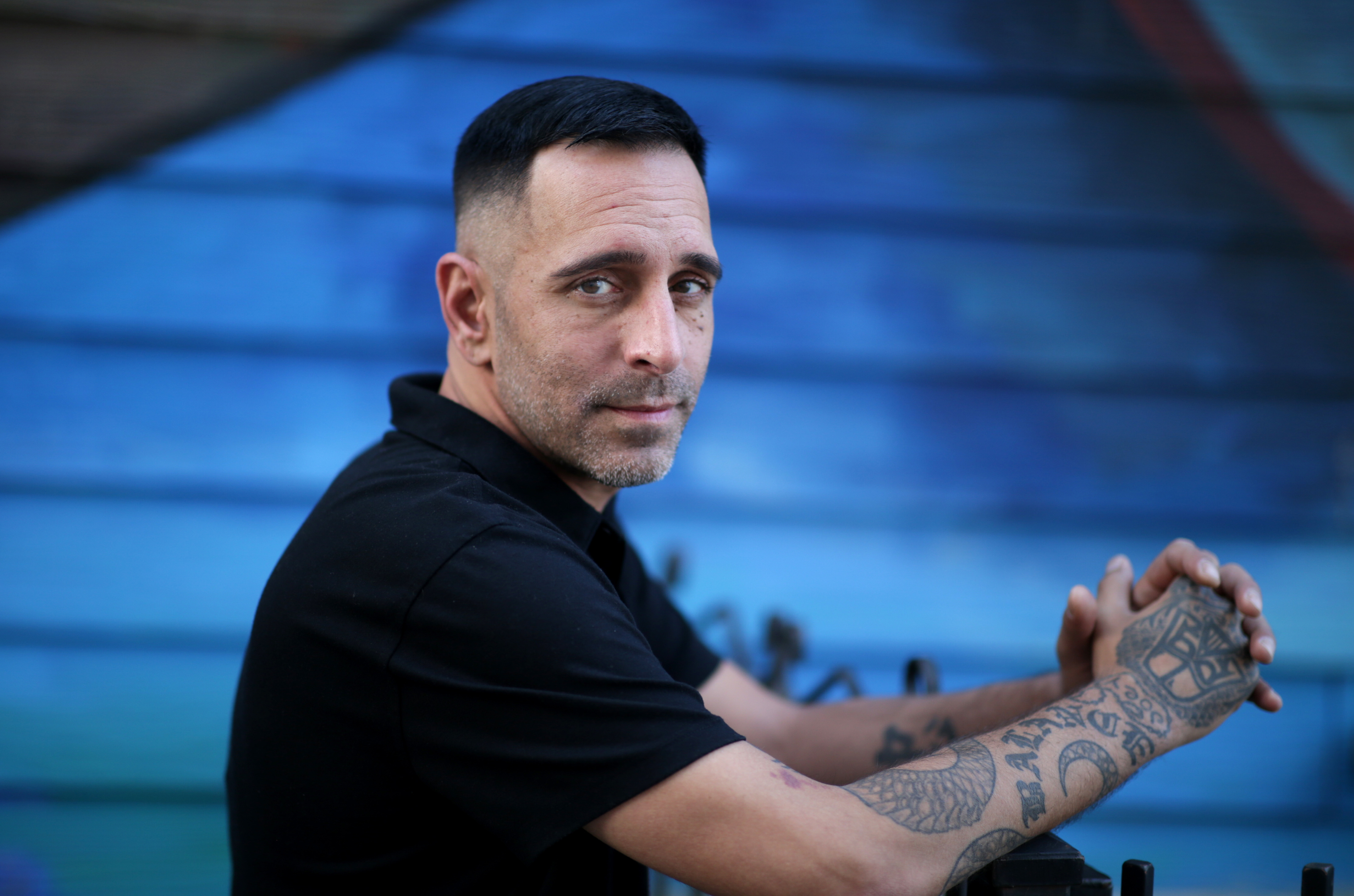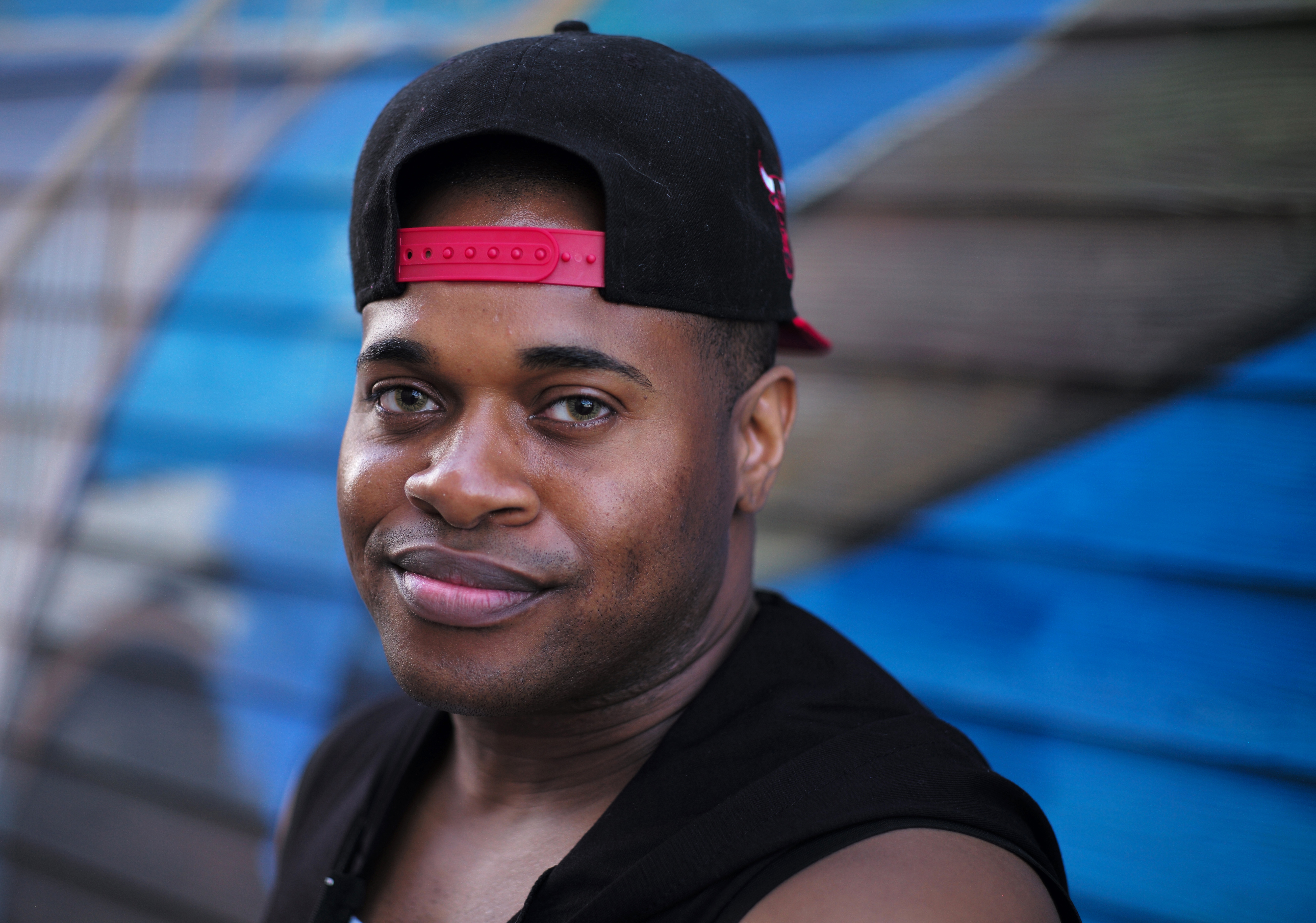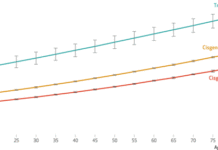Advertisement
After years of battling the opioid epidemic, which caused the deadliest year for drug overdoses on record in 2020, experts now worry about the next epidemic on the horizon: stimulants like meth.
Meth can lead to euphoric and long-lasting highs and is cheaper than other stimulants. Highly addictive and highly damaging to the brain, meth can be made at home, but most of the supply in Rhode Island is brought in through transnational gangs. It can be smoked, injected or taken in pill form. Sometimes people who think they’re taking Adderall, a drug used to treat attention deficit hyperactivity disorder, are actually taking meth. Experts say cocaine is still more common, but the state Department of Health last month called meth an “emerging drug threat in New England.”
The use of meth among gay and bisexual men, as well as male sex workers, is of particular concern. Experts also worry about sexually transmitted infections because, as one former meth user and sex worker put it, people high on meth don’t usually pause to put on a condom.
Advertisement
To deal with the growing problem in Rhode Island, health care providers here got a grant a few years ago to start Project BREAK, which helps people who want to cut down on or stop using drugs. It has particular focuses on methamphetamine and people in the LGBT community. Dr. Philip Chan, an associate professor at Brown University and an infectious diseases expert, oversees HIV and sexually transmitted infection treatment.
“There’s a significant subset of gay men who report crystal meth use directly related to new HIV infections,” Chan said. “It’s a problem.” HIV infections in Rhode Island, Chan said, have plateaued in recent years.
Dr. Megan Pinkston-Camp, a psychologist at The Miriam Hospital, works on the behavioral health side, where she focuses on therapy in a non-judgmental environment for meth users.
“It can be so difficult to treat, because it’s kind of everywhere at this point,” Pinkston-Camp said in an interview. “And there’s a lack of access to providers who actually understand methamphetamine.”
Pinkston-Camp understands it. Before coming to Rhode Island, she was in Missouri, where meth was the most common stimulant among her patients. Arriving in Rhode Island 13 years ago was like traveling back in time to a world that meth had not touched. Slowly but surely, that has changed.
“It’s scary to see what this has done to some amazing people, and what it’s done to their lives — it’s heartbreaking,” Pinkston-Camp said.
As one patient told Pinkston-Camp recently: “The AIDS epidemic gutted the gay community, and now meth is gutting it.”
Advertisement

On a recent overcast weekday this spring, Dennis Berganza, Rich Holcomb and Charles Seaberry drove around in a van looking for people to help.
They work in outreach for Project Weber/RENEW, an organization that helps sex workers, people who have substance use disorder, and other at-risk populations.
Holcomb, who is 44 and a former sex worker and meth user, got into recovery and started his first outreach efforts for male sex workers in 2008, a few months after he was diagnosed with HIV.
In 2016, the organization he founded — named after a friend and sex worker, Roy Weber, who was shot in 2003 on Allens Avenue, a murder that has never been solved — merged with another organization called Project RENEW. In part this was because they needed more help, and in part it was because Holcomb had relapsed.
His care for other people had forced his own self-care into the backseat. Once he started, he couldn’t stop, and he lost everything, again. People he’d worked with in the recovery world were now walking past him in Kennedy Plaza. He was so filled with shame that he assumed he could never recover and he’d die on the streets.
Like many recovery stories, his is not linear: Holcomb got into recovery again. He was mentoring someone who had been sober for a few months. Then that man relapsed and died of a fentanyl overdose.
Advertisement
“It was devastating for me,” Holcomb said. He was a pallbearer at the man’s funeral. Holcomb fell into a major depression and used drugs again for three days. This reset the clock of what he called his “clean time:” January 21, 2018.
Now carrying a token marking three years with him wherever he goes, he is back with Project Weber/RENEW, and on a recent weekday he lugged a big plastic Tupperware container filled with Narcan, clean needles, condoms, hand sanitizer and face masks to give out to people in an area by the Seekonk River. It is a scenic stretch on Providence’s East Side where men sometimes meet for sex and drugs.
“It can be Park Avenue or a park bench,” Holcomb said, riding in the backseat of the van on a recent weekday on the way to the site. “Addiction doesn’t discriminate.”
Berganza parked the van by a line of cars along the river, each one with a man in the front seat, some hunched over cellphones. Holcomb and Seaberry went up to them one by one.
“Condom?” Holcomb asked one. “Hand sanitizer?” There were several takers.

There was no hard sell on recovery, though. The idea here is harm reduction: You can’t help everyone quit right away, but you can help them avoid the worst consequences of substance use disorder. Once someone is ready to get into recovery, people like Holcomb are there, with credibility to back it up. Project Weber/RENEW has a drop-in center on Broad Street in Providence for men who engage in sex work to get support and services. It’s been closed through the COVID-19 pandemic. It’s set to reopen Monday.
Advertisement
“We want to keep them alive long enough so they find recovery,” Holcomb said.
Recovery is especially difficult with methamphetamine, a drug for which proven treatments have proved elusive, even in places where it’s more common. One approach, called contingency management, is controversial: It involves paying people to stay off drugs. Many people white-knuckle it. They go it alone.
Seaberry, who originally from Sharon and now lives in Woonsocket, swam against the tide to get where he is now. On April 5, 2020, when the state was in the depths of its strictest COVID-19 lockdowns, Seaberry got into recovery. The world was going to hell. Seaberry says he was pretty much there already: living through stretches of homelessness, selling sex in the back of what he calls the “rape vans,” high on meth and destroying his life several times over.
As he handed out hand sanitizer on a recent weekday by the Seekonk River, Seaberry paused to point out the red bridge over to East Providence. He remembers walking to the middle of it one day, thinking about jumping off, and deciding not to, because it wasn’t high enough for the fall to kill him.
“I looked in a mirror and didn’t even recognize who I saw,” Seaberry said.
Who you’ll see now, a year later: A stylish 34-year-old with a quick laugh that reveals a big smile, a man who is so enthusiastic about his new job at Project Weber/RENEW that he worries he’s going to annoy his new bosses. Those new bosses had once helped him when he was using. Now he has joined them.
He has used just about every drug out there in the past, he said. He knows from experience what to say when he sees people who need help now. About three out of every four people he encounters as an outreach worker are people he’s known from before April 5, 2020.
“They’ve all seen me at my worst, paranoid and in psychosis, and here I am,” Seaberry said. He’s gained a healthy 60 pounds from going to the gym. He is doing well. He is proud of it.
“A lot of them are like, ‘Holy crap,’” Seaberry said. “And I tell them, ‘When you’re ready, I’m here.’”
Brian Amaral can be reached at brian.amaral@globe.com. Follow him on Twitter @bamaral44.







